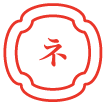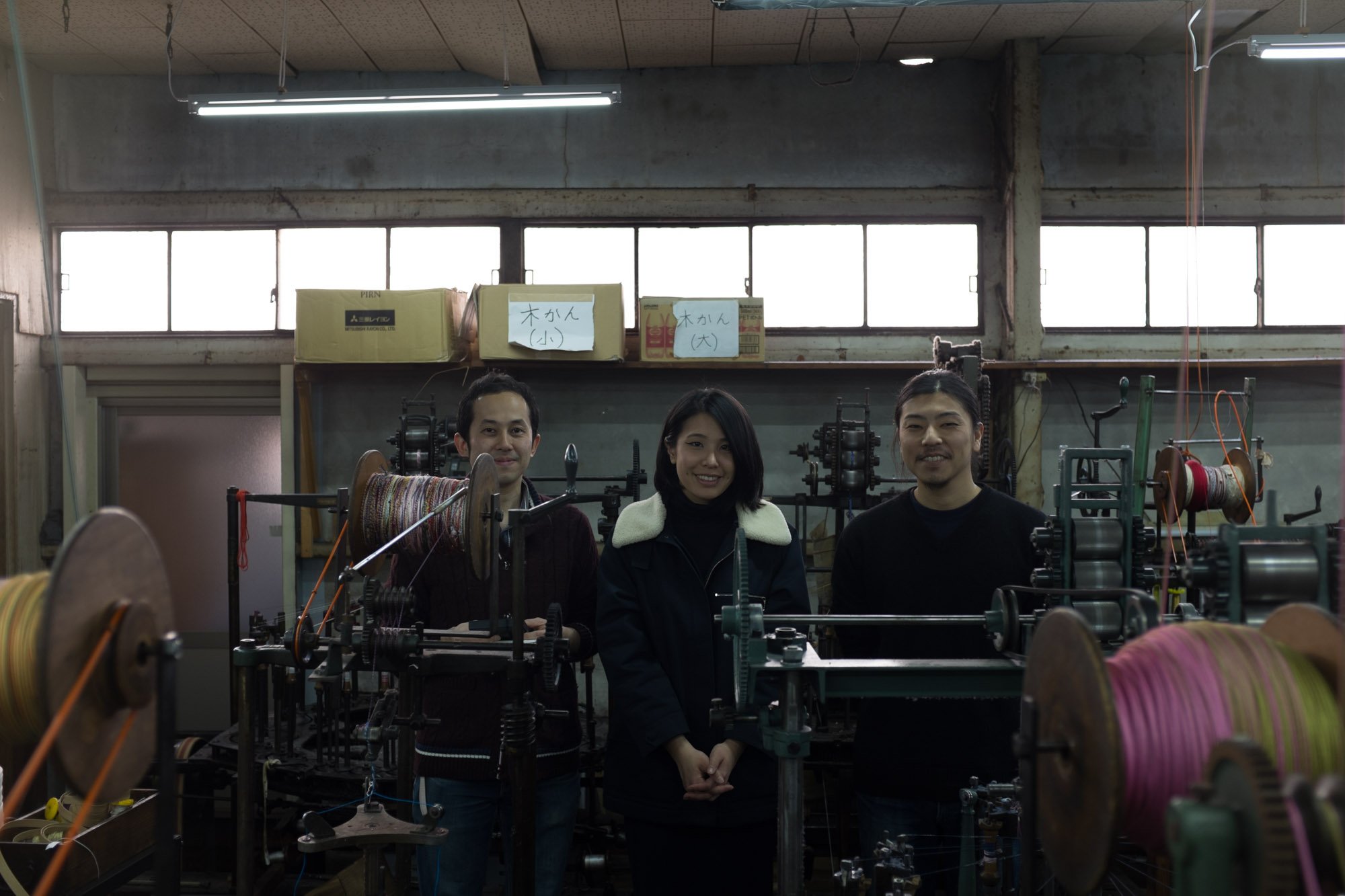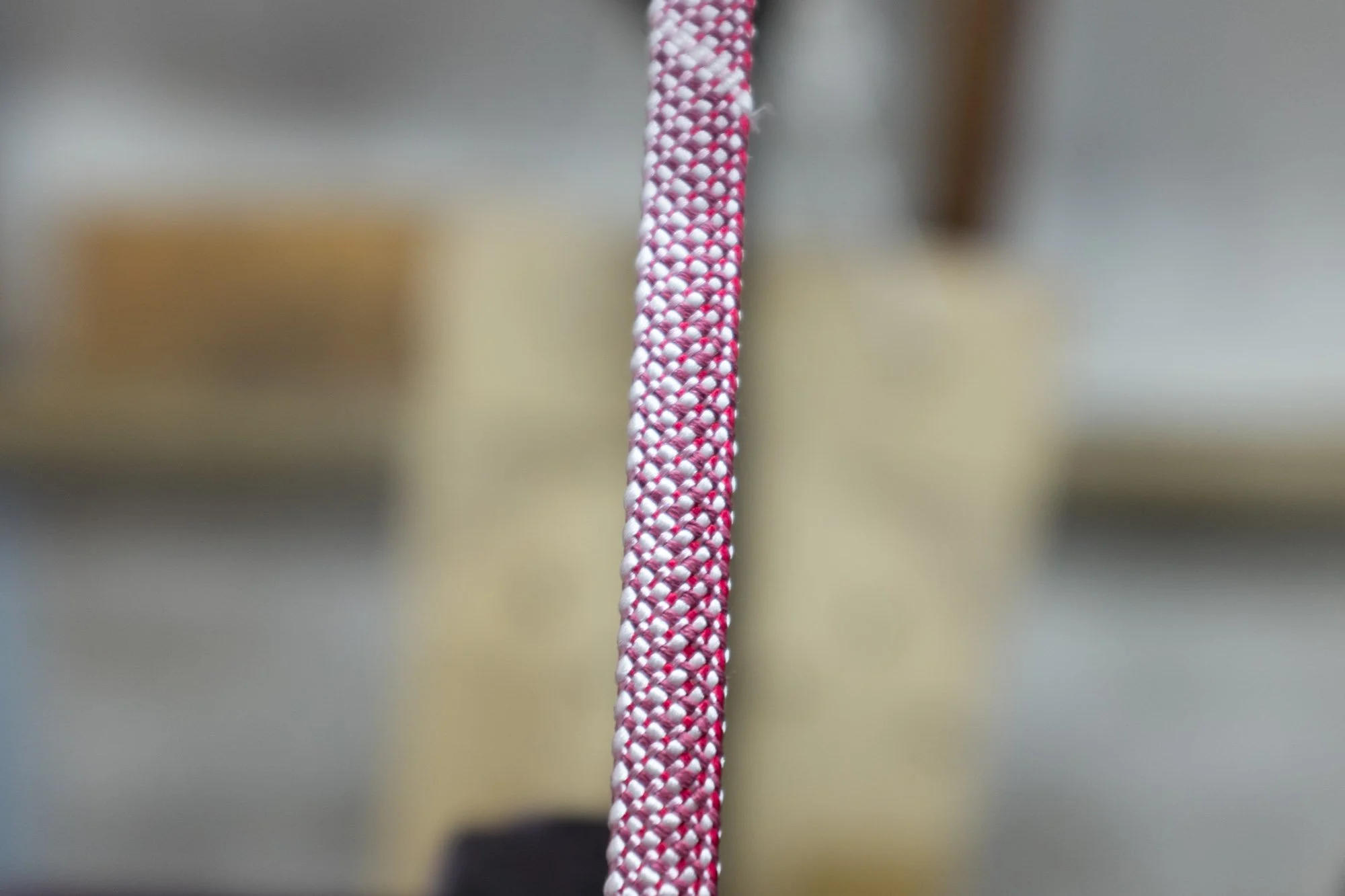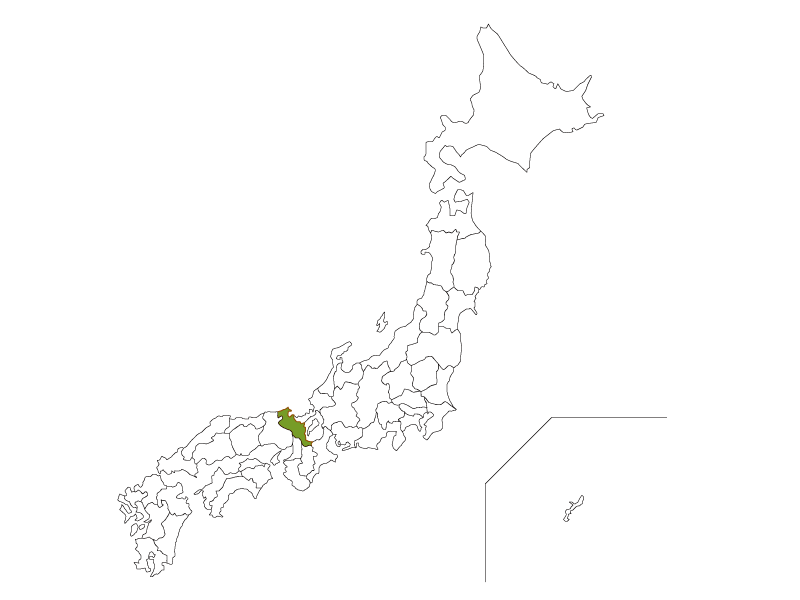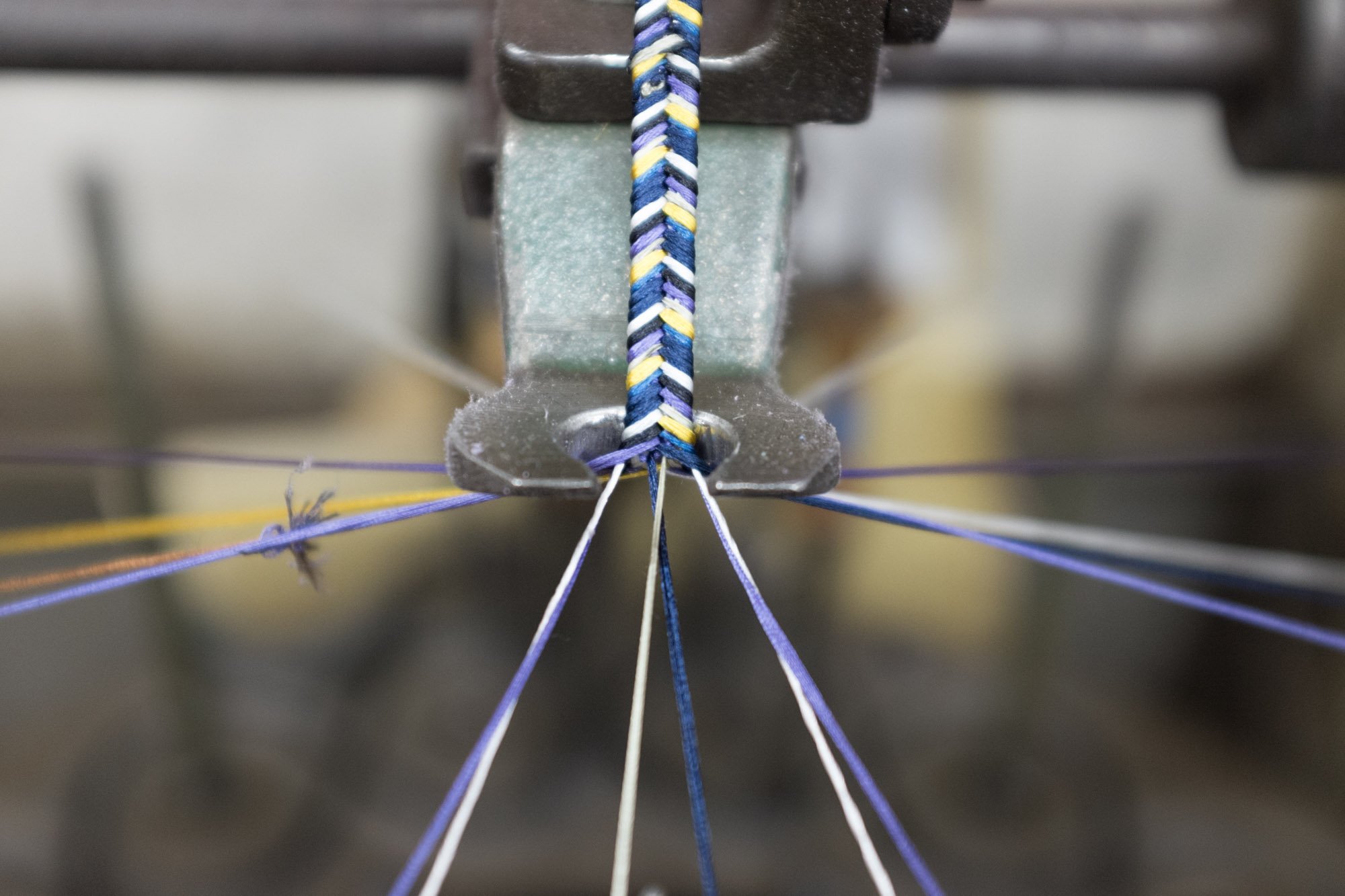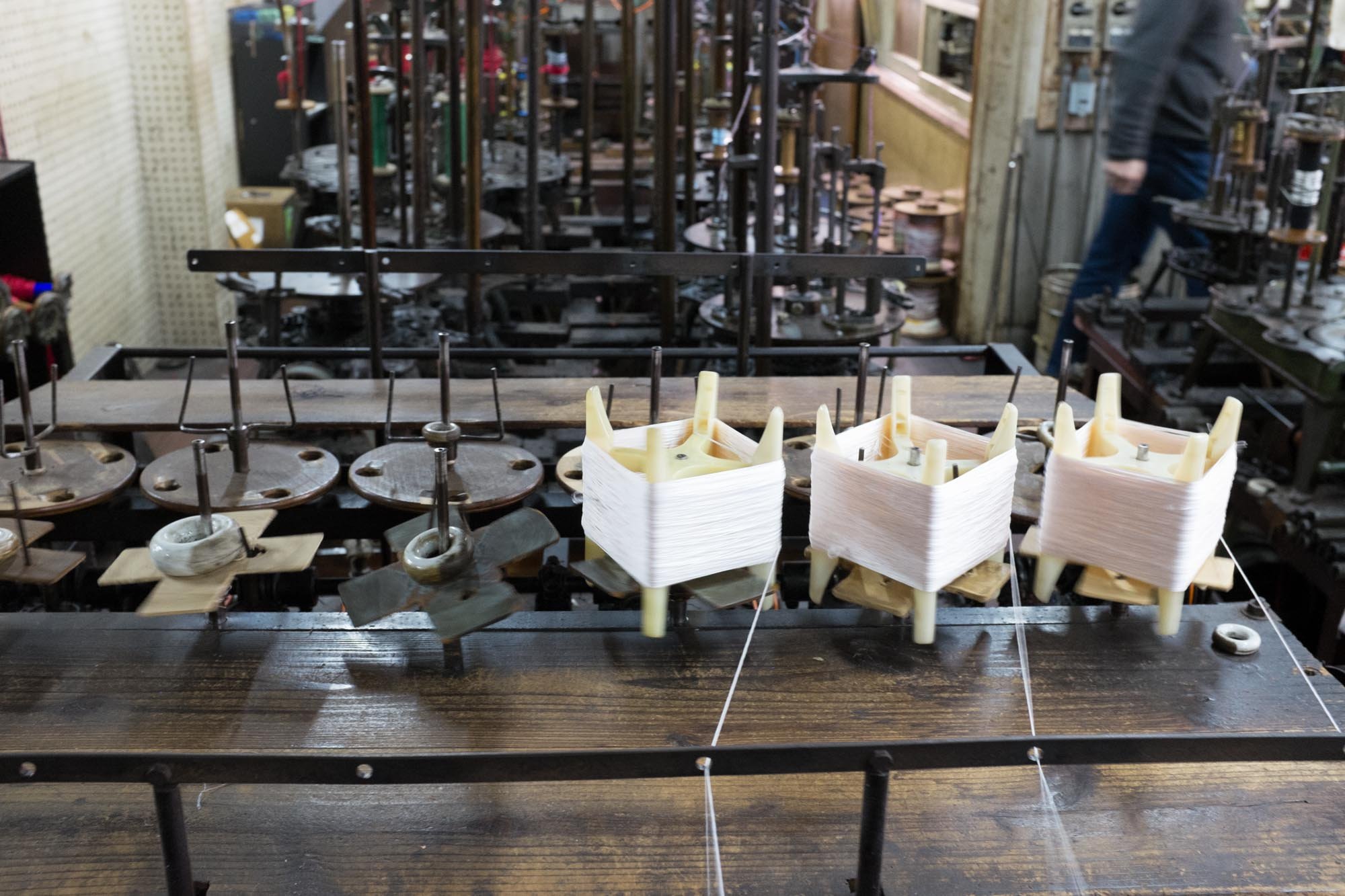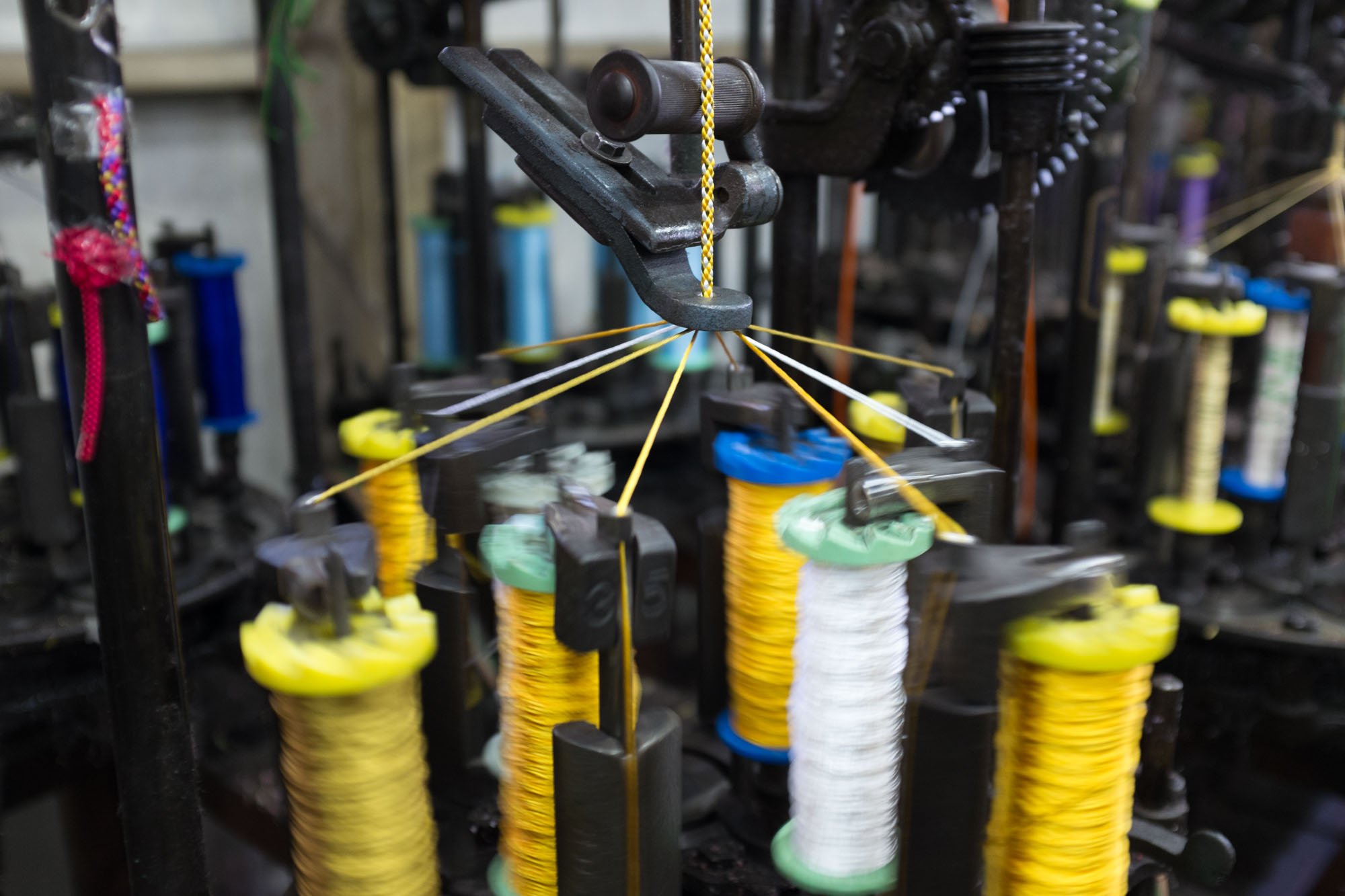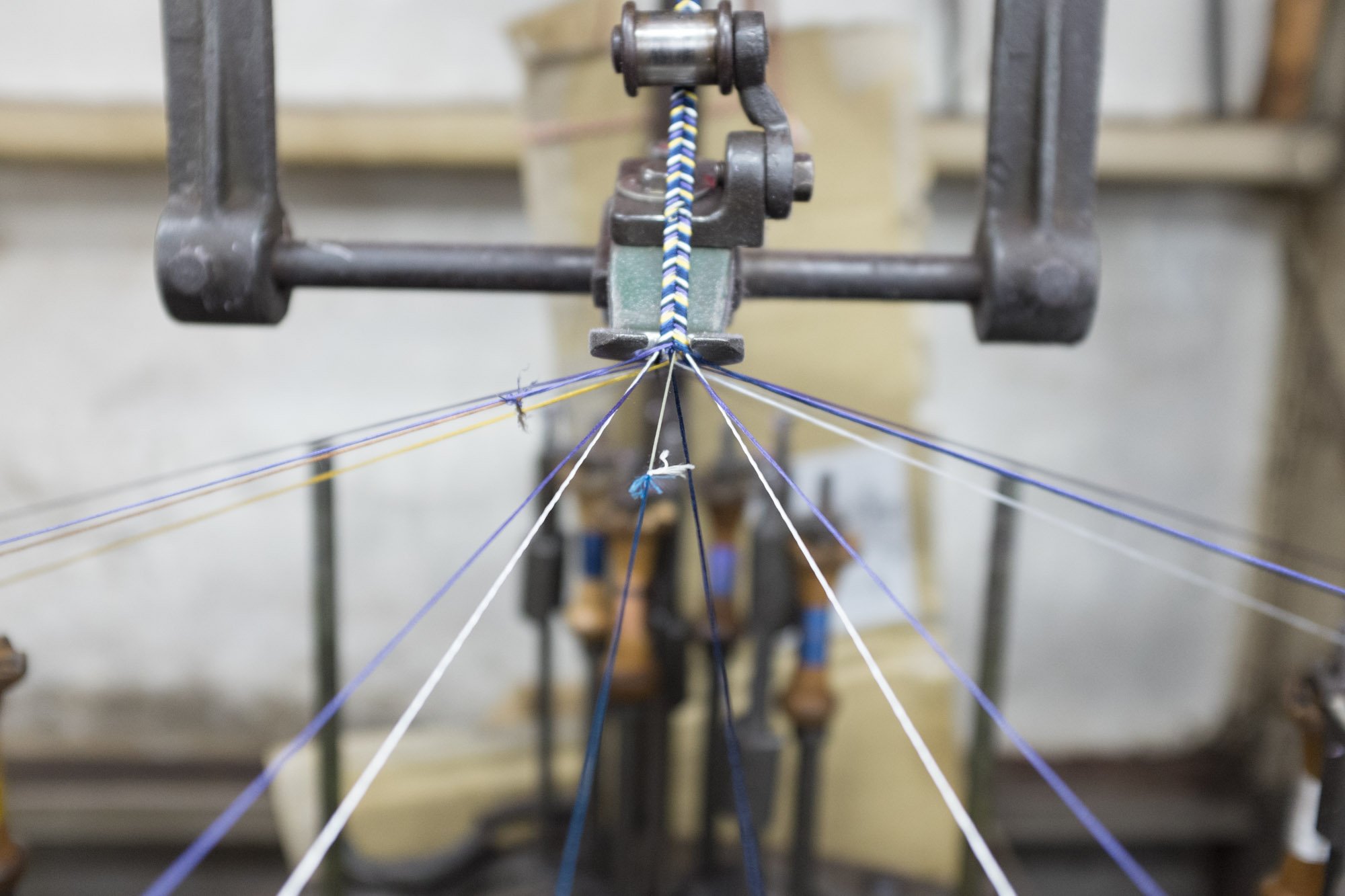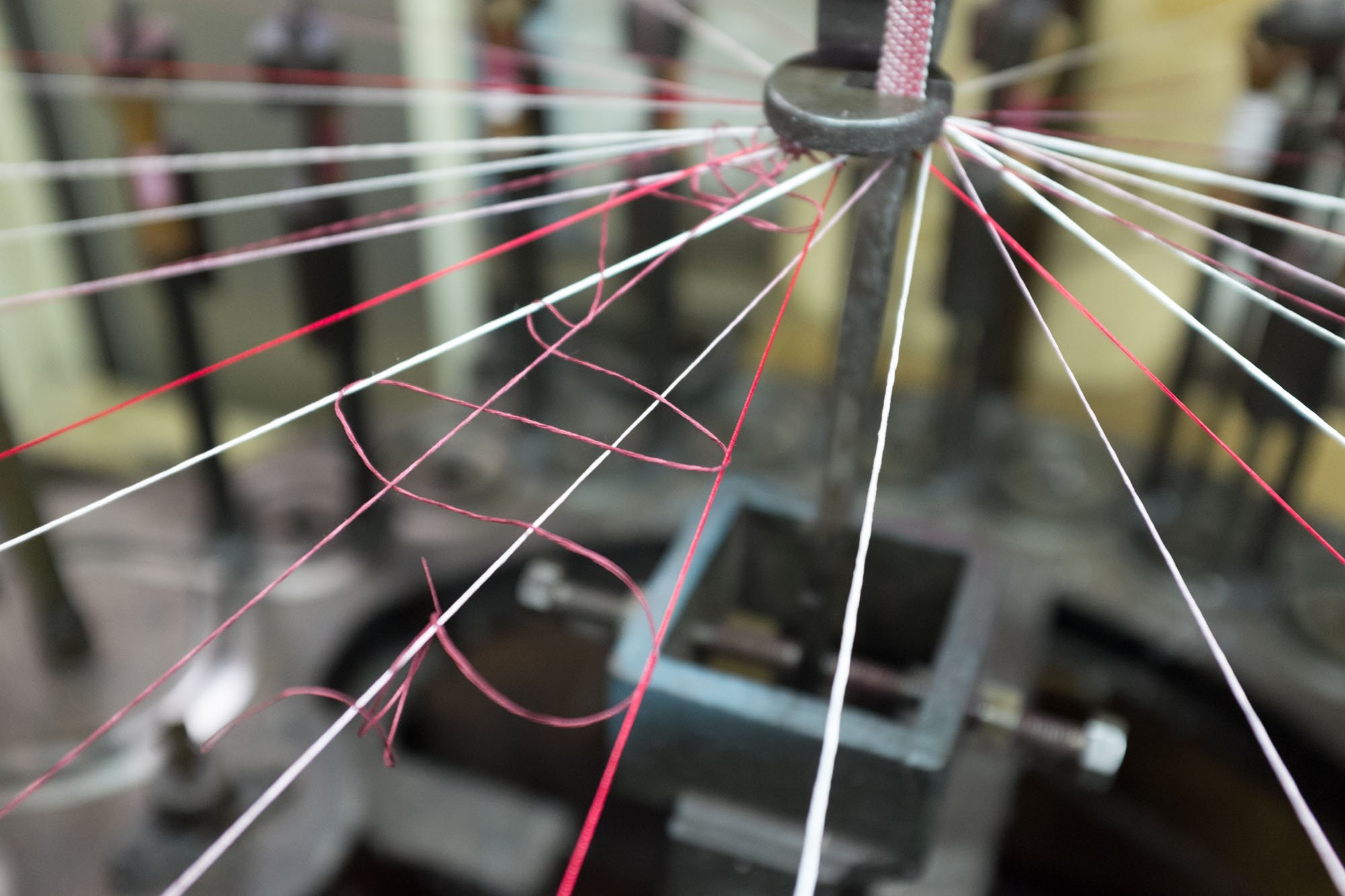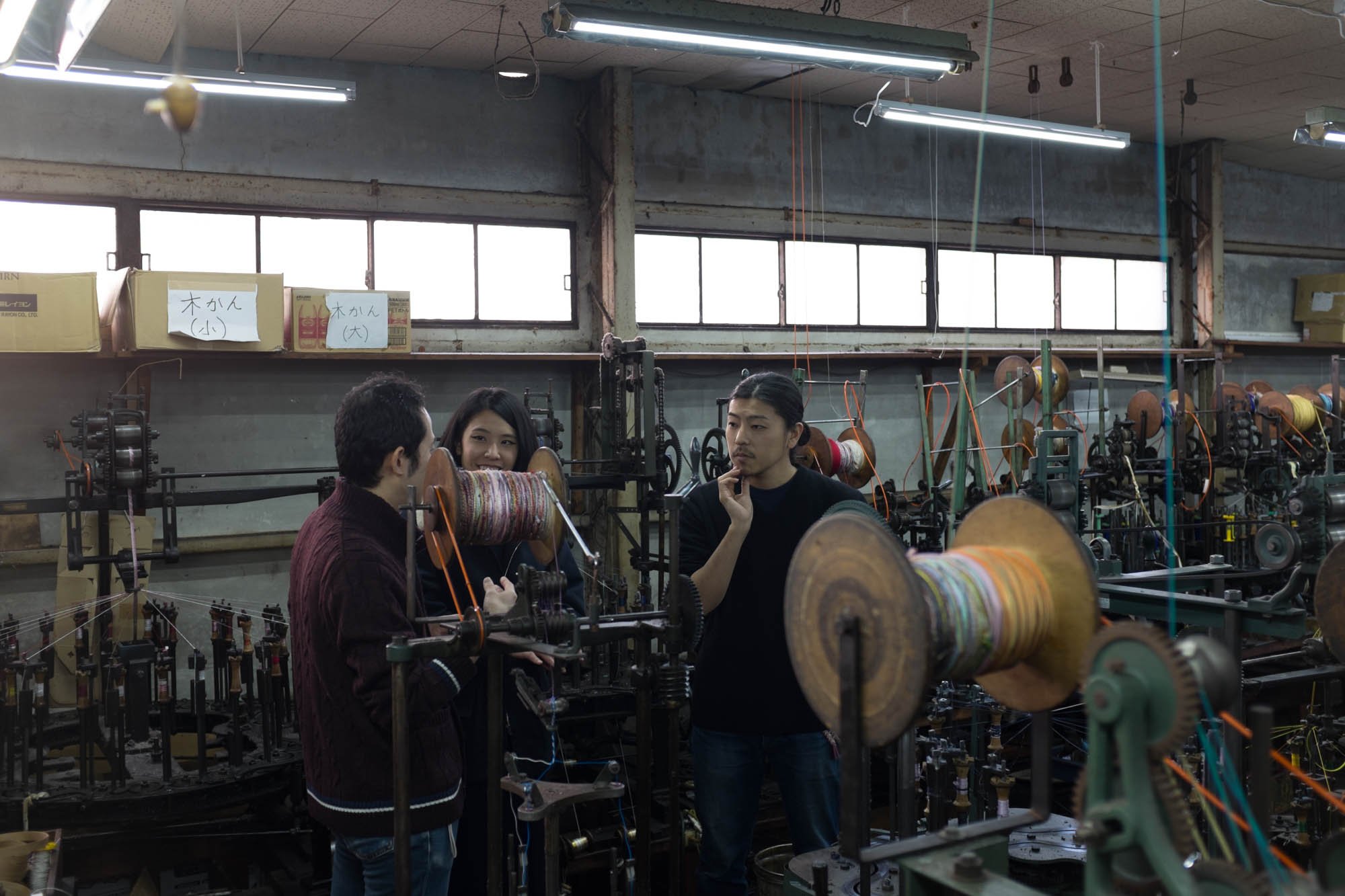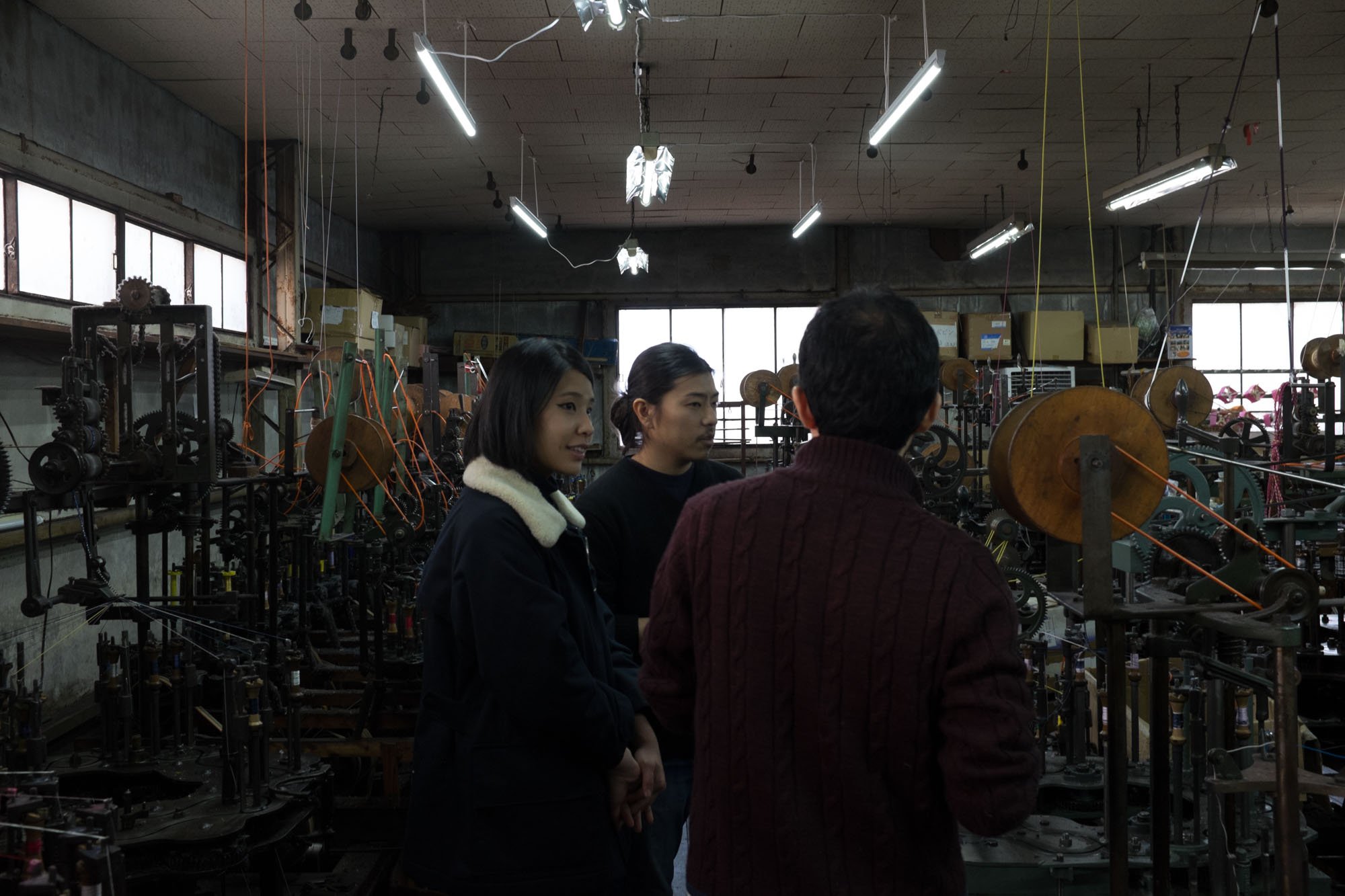The Kumihimo Braiding Method | Workshop Visit
“With its rich history and unique beauty, Japanese Kumihimo stands as a testament to the enduring legacy of traditional craftsmanship. ”
If you have visited our Notting Hill store, you may have noticed the delicate silk strings bearing our signature colours. The blue, red, and white strings are used everywhere in the store from tying price tags and displaying objects to gift wrapping. These Kumihimo silk strings are unlike any other string and encompass the history and tradition of Japanese craft.
The special braiding technique from Kyoto
Our strings are made by a family-run workshop in Kyoto with craftsmen that have over sixty years of experience. The workshop specialises in Kyo-Kumihimo - 京組紐, a braiding style specific to Kyoto, which has developed since the Heian period (794-1185 AD).
The craftsmen have preserved and continued to use this method to make a variety of finely crafted strings. Renowned for its colourful and original braids sought after throughout Japan, the traditional silk strings can also be applied to contemporary accessories and objects.
The History of Kumihimo
Directly translated as gathered threads, Kumihimo is the craft of braiding string that dates back to the ancient Jomon period (c. 14,000-300 BC). Since then, Kumihimo has been traditionally used not only for armour and ritual items but also as obijime cords with kimonos or as belts for a haori (male kimono). With over 3,000 varieties of braids, the different methods have been passed down for centuries. In Japan, the strings have become a part of everyday life in fashion, jewellery, and interiors.
The Kumihimo Method
Our Kumihimo braids are valued as a craft rather than an industrial product. Cord braiding can be defined into two types: hand braiding involving strands braided together using traditional tools which Kumihimo falls under and the latter in which strands are braided together using a machine called a seichuuki - 製紐機 (cord-making machine). The hand braiding craft is widely valued by craftsmen who understand the importance of preserving the skills and knowledge following the Kumihimo method.
Itokuri - Preparing the Thread
Itokuri is the process of taking the bundle of cleaned and dyed fibres and placing them onto a wooden spool before beginning the thread counting process.
Yorikake - Twisting The Thread
Yorikake involves taking the hand-spun spools called waku and placing them on a machine that will twist the fibres into the desired thread type.
Mokkanmaki - Placing the Thread on the Spindle
Mokkanmaki is the process which transfers the twisted thread spools to the spool attachment that connect to the braiding machine.
Kumiage - Machine Braiding Process
Kumiage describes the process in which the installed spools will move along a customised track which will guide the threads to design and weave a specific type of braid.
Our Workshop Visit
Next time you visit Native & Co, take a closer look at the subtle details of the Kumihimo silk strings that have been carefully placed throughout the store on our objects and price tags.
Photo Credit to Native & Co
